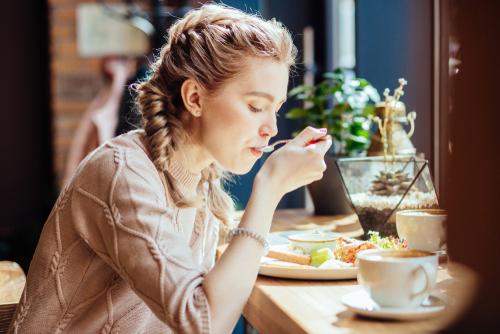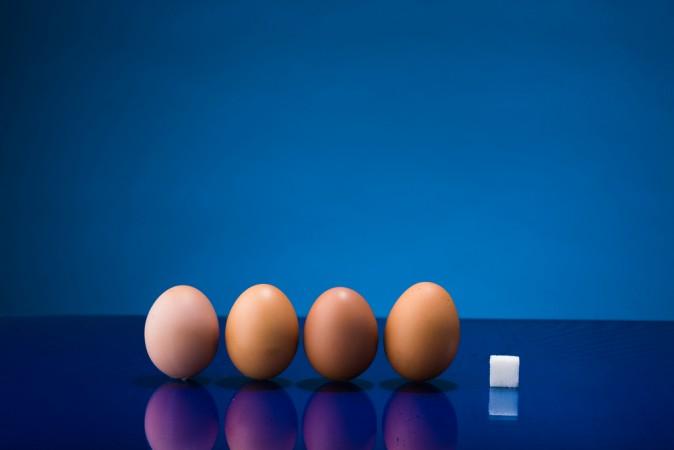If you’re living with Type 1, Type 2, or gestational diabetes, mealtimes can be a cause of stress; and a source of worry is what to drink.
Whether you’re controlling your diabetes and blood sugar through diet and exercise, or with medications and insulin, you still need to be cautious of the food and drink that enters your body.





